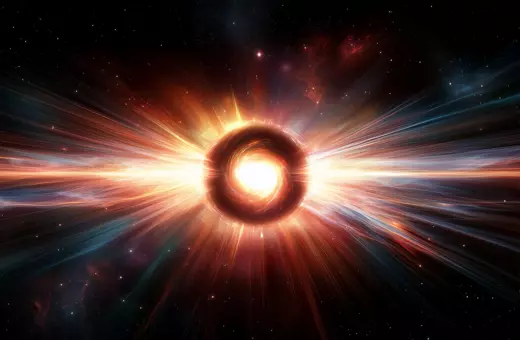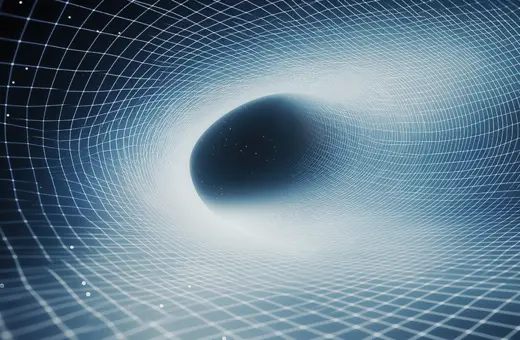“Extraordinary claims require extraordinary evidence” said Carl Sagan; a dictum which asks us to use the scepticism of Hume to dismiss miracles and false claims. But what counts as extraordinary, and should common sense be our guide to it? An innate scepticism at the heart of science needs to be balanced and we should instead accept that the bizarre and counter-intuitive is what modern science is all about, argues Sean McMahon.
On the Ides of March in 44 BC, Julius Caesar was murdered on the steps of the Senate Chamber in Rome. As he collapsed amid the folds of his blood-soaked toga, his lungs released their final breath: about ten thousand billion billion molecules of nitrogen, oxygen, and so on. According to a popular and venerable factoid, with every passing minute you inhale a few of those same molecules. More than two-thousand years after they left Caesar’s lungs, they entered yours, just moments ago, wherever you are on Earth! That, surely, is an extraordinary claim. It seems enormously unlikely. But you can easily prove it on your own. With a little research, you will discover that the volume of Earth’s atmosphere is about ten thousand billion billion times the volume of a human breath (in or out). Once the molecules of Caesar’s last breath had spread and mixed evenly into the atmosphere, every breathful of air contained, therefore, about one of those molecules. A chemistry textbook will tell you that nitrogen hangs around for ages, so most of those molecules are still airborne: every minute you are bound to inhale (and exhale) some. QED. No extraordinary new evidence required.
 SUGGESTED READING
Why evidence won't change your convictions
By Michael Lynch
SUGGESTED READING
Why evidence won't change your convictions
By Michael Lynch
Nevertheless, “extraordinary claims require extraordinary evidence” is a favourite saying of scientists, sceptics, and debunkers of all stripes. It was made famous by the astrobiologist and science communicator, Carl Sagan, who probably borrowed it from the sociologist Marcello Truzzi. Sagan and Truzzi moved in similar circles in the 1970s, when both were founding members of the Committee for the Scientific Investigation of Claims of the Paranormal. Truzzi and his fellow sceptics published sound advice about how extraordinary claims should be handled. Their arguments were careful and sophisticated, harking back two centuries to the great Scottish philosopher David Hume, who observed that “no testimony is sufficient to establish a miracle, unless the testimony be of such a kind, that its falsehood would be more miraculous than the fact which it endeavours to establish”.
Unfortunately, the famous dictum about extraordinary claims (sometimes known as Sagan’s dictum or Sagan’s standard) is often wielded in a rather less insightful way. It’s a good slogan: the repetition of “extraordinary” gives it a nice formal symmetry, which makes it seem almost self-evident, requiring no further thought or justification. But as we have just seen, at least some extraordinary claims do not require extraordinary evidence. We proved the claim about Caesar’s last breath with just a little textbook knowledge and a bit of arithmetic. You might object that this particular claim was not extraordinary in the right way for Sagan’s dictum validly to apply. But what is the right way? What does it take for a claim to be so “extraordinary” that it requires “extraordinary evidence” for us to take it seriously? What, indeed, is “extraordinary evidence”?
___
True scepticism aims to follow the evidence as diligently as possible, not simply to exclude radical or outlandish conclusions in advance
___





















Join the conversation